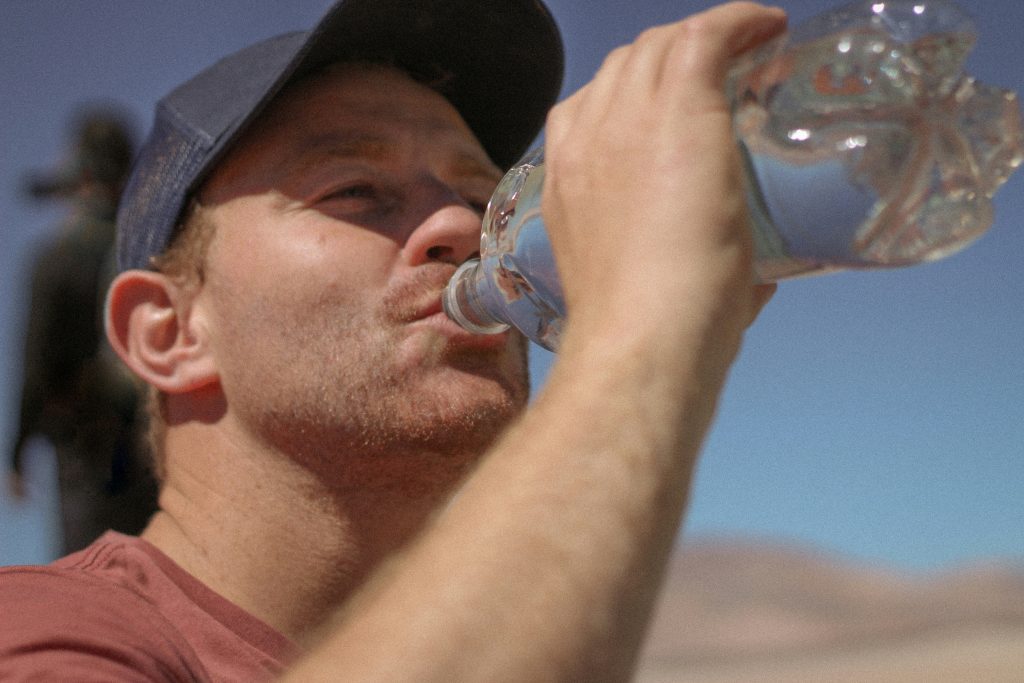
Introduction
Every January, many people choose to abstain from alcohol in a movement known as “Dry January.” While the primary aim is often to improve overall health and well-being, an intriguing side effect has been noted: improved hair quality. This article explores how giving up alcohol for just a month can lead to denser, healthier hair, delving into the scientific, nutritional, and lifestyle factors involved.
The Impact of Alcohol on Hair Health
Alcohol consumption can have several negative effects on hair health. It can lead to dehydration, which is detrimental to the hair follicles. Alcohol also impacts the levels of zinc in the body, a mineral essential for hair growth and repair. Furthermore, excessive drinking can lead to hormonal imbalances and poor nutrient absorption, both of which can contribute to hair thinning and loss.
- Dehydration caused by alcohol leads to brittle, weaker hair.
- Reduction in zinc levels can slow down hair growth and make it look dull.
- Poor nutrient absorption from the gastrointestinal tract affects hair follicle health.
Nutritional Benefits of a Dry January
Abstaining from alcohol can significantly enhance your nutritional status, which in turn benefits your hair. Alcohol interferes with the absorption of essential nutrients such as vitamins A, C, and E, biotin, and folate, all crucial for healthy hair growth. By avoiding alcohol, your body can better absorb these nutrients, leading to improved hair health.
- Vitamin A: Essential for cell growth, including hair cells.
- Vitamin C: Helps build collagen, a vital part of hair structure.
- Vitamin E: Protects the hair from oxidative stress and damage.
- Biotin and Folate: Play key roles in producing RNA and DNA, which influence hair growth and health.
Enhancing Hair Growth Through Lifestyle Changes
Participating in Dry January encourages not only the elimination of alcohol but often coincides with other healthy lifestyle changes. Increased water intake, better sleep patterns, and more regular exercise can all contribute to healthier hair.
- Hydration: Maintaining optimal hydration is crucial for moisturizing the scalp and hair.
- Sleep: Quality sleep is essential for the regeneration of hair growth cells.
- Exercise: Increases blood flow to the scalp, promoting healthier hair follicles.
Case Studies and Evidence
Several studies and personal testimonials highlight the benefits of reducing alcohol consumption on hair health. For instance, a study published in the Dermatology Journal found that participants who abstained from alcohol for a month reported a noticeable improvement in the texture and growth rate of their hair. Anecdotal evidence from annual Dry January participants also supports these findings, with many reporting thicker and more vibrant hair as one of the unexpected benefits of their alcohol-free month.
Conclusion
Dry January offers more than just a break from alcohol; it provides a significant opportunity to boost your hair health. By reducing alcohol intake, you enhance hydration, improve nutrient absorption, and adopt healthier lifestyle habits—all of which contribute to denser, stronger hair. Whether you’re looking to improve your overall health or just want to give your hair a new lease on life, considering an alcohol-free January could be a step in the right direction.
